International
50 YEARS OF WAVES
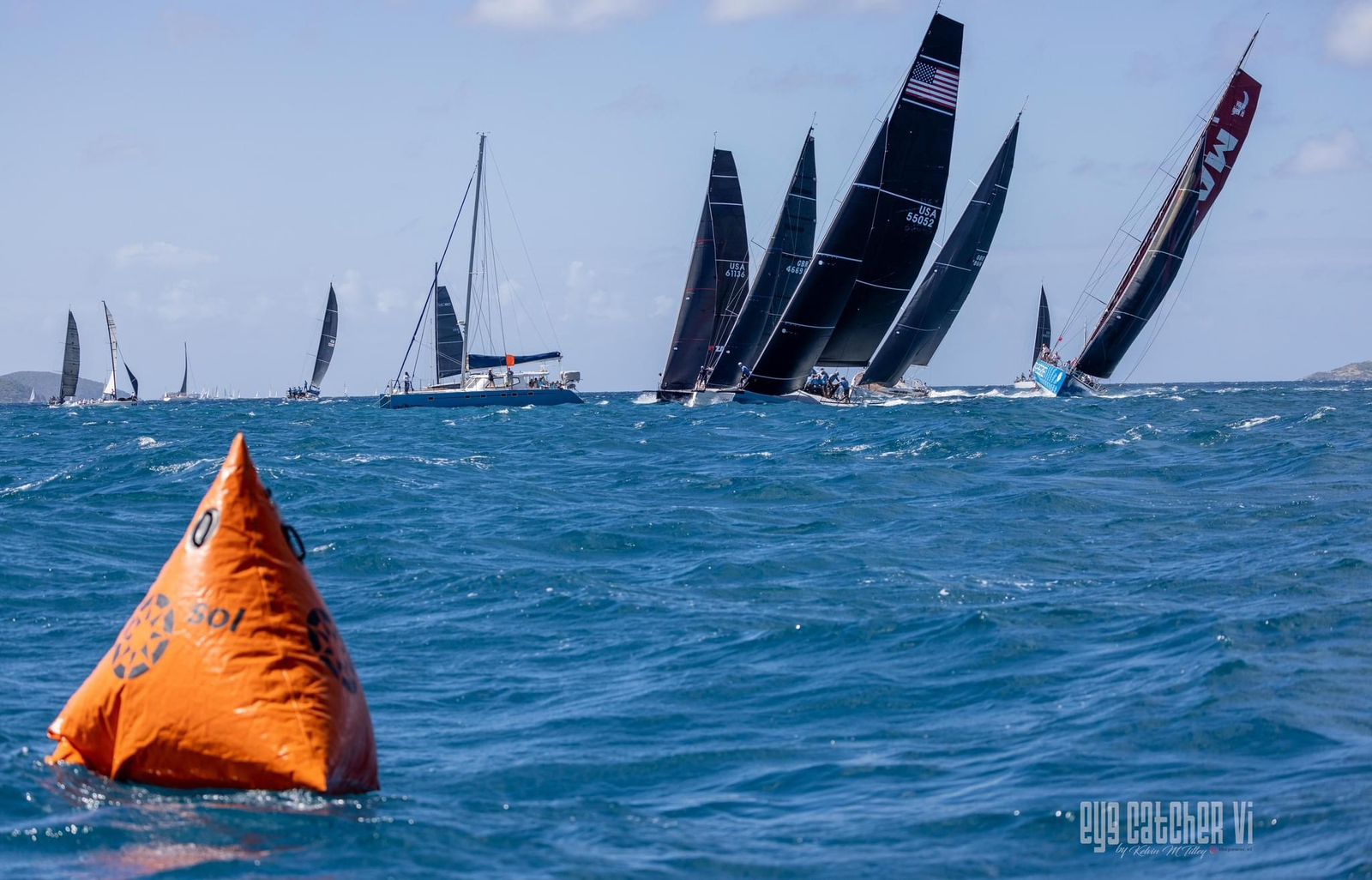
BVI Spring Regatta and Sailing Festival Set For March 27 – April 2
70-Strong Fleet for 2023 Special Edition
In 1972, over 20 boats sailed in the first British Virgin Islands Spring Regatta. Spectators and sailing enthusiasts, witnessed the yacht Nutmeg skippered by British sailor Alex Forbes crossed the finish line first in the one-design fleet race – the Squid Class.
Fast forward to fifty years later, this year between March 27 – April 2, 70 boats from across the world will compete in the British Virgin Islands Spring Regatta and Sailing Festival 50th Anniversary Special.
“The BVI Spring Regatta is in our core circuit and has always been a fun time for us with great competition and fun times,” shared skipper Fuzzy Stoddard on the BVI Spring Regatta and Sailing Festival web page.
He is the owner of the J/130 Bad Decisions, which has been around the United States Virgin Islands (USVI) and surrounding areas since 1980.
“Racing the boat around all the little islands, the courses are different, challenging and so much fun – that is what sets BVISR apart from other regattas for us. This is our first regatta as a team, and we are looking to have a great time.”
Returning this year is Peter Corr, owner and skipper of Blitz, a Summit/King 40’ designed by Mark Mills.
“It is a great team that’s been together for a long time and we race very hard. Last year we won St Thomas, Voiles de St Barts, and Antigua Sailing Week including the Lord Nelson Trophy for best race boat across all classes,” Corr shared with the Regatta media team.
Sailors from Tortola, Puerto Rico, Antigua, Jamaica and the Dominican Republic, the United States, United Kingdom and Australia are excited to return to the open sea in the BVI Spring Regatta and Sailing Festival 50th Anniversary Special.
Click the below link for photos of the 2022 BVI Spring Regatta.
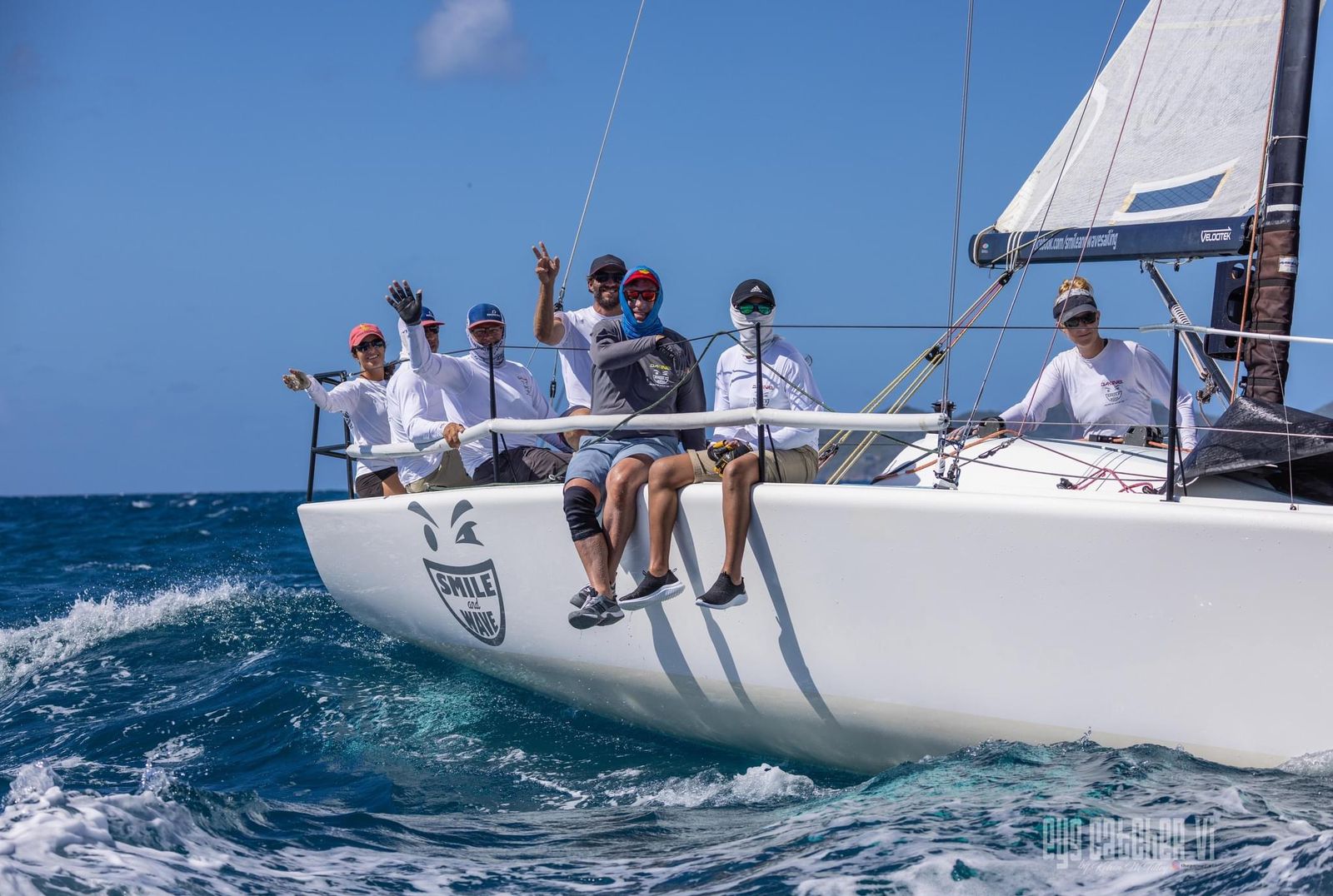
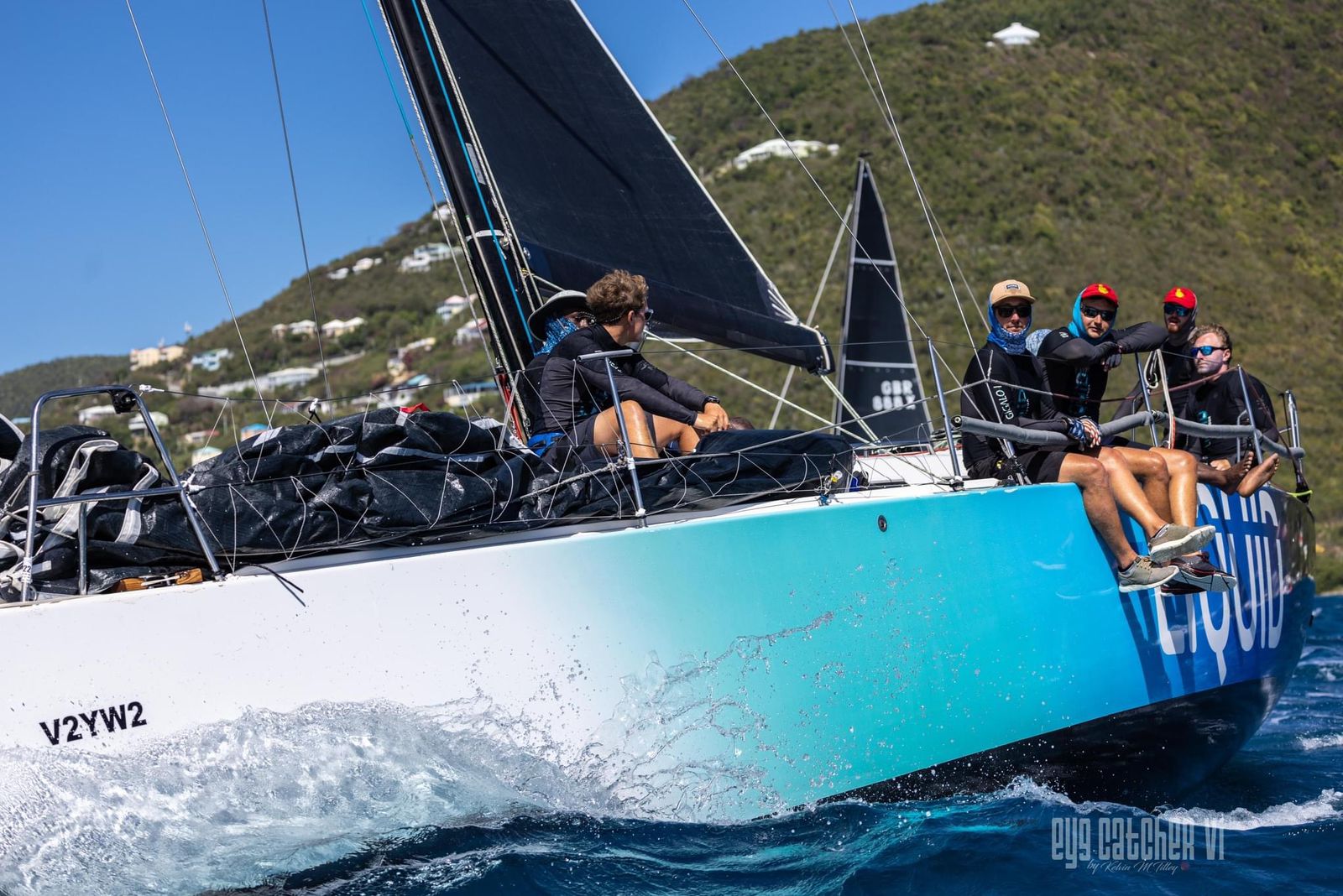
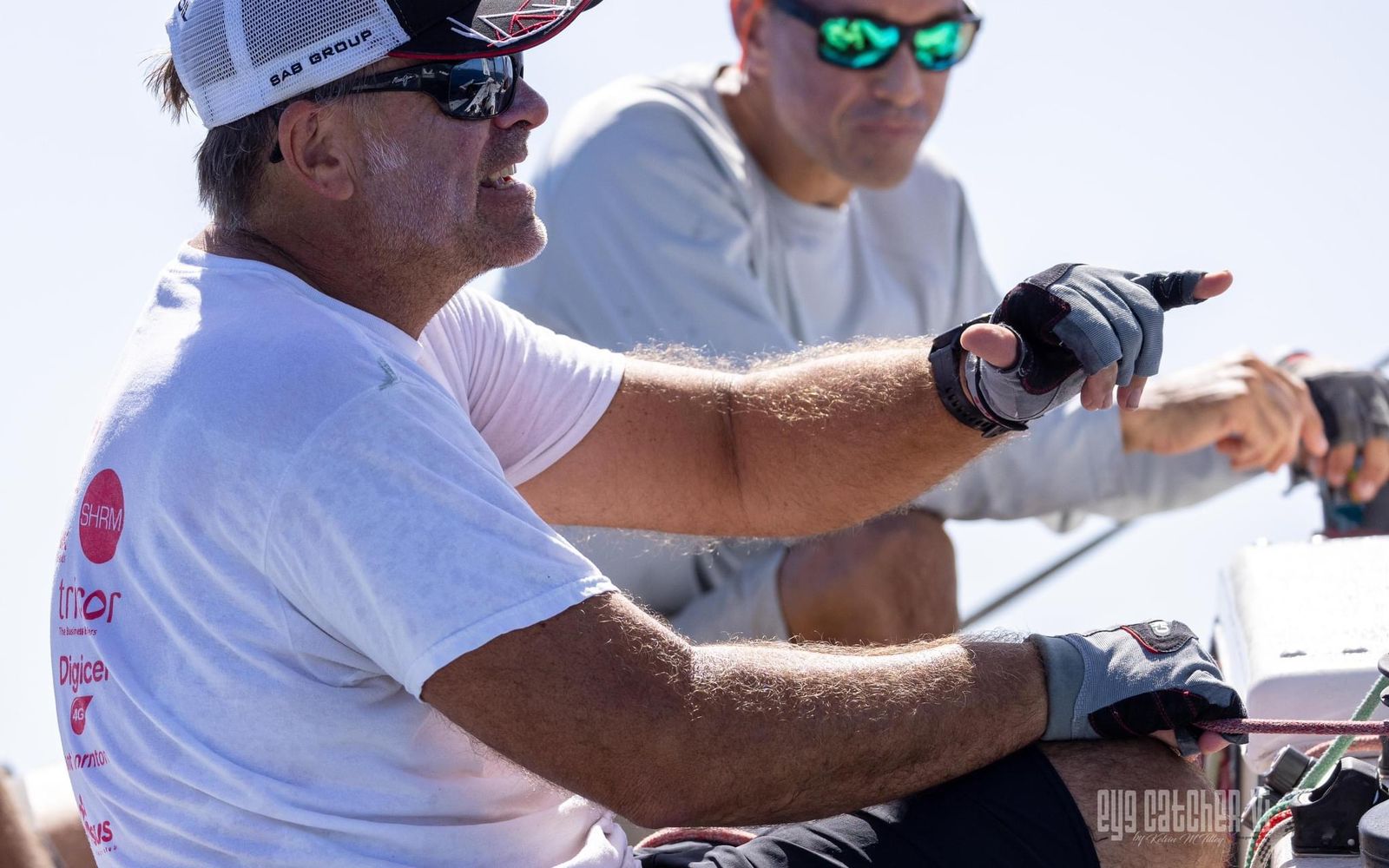
International
Cardinal Robert Prevost of Chicago Elected as Pope Leo XIV

– First American Pontiff in Catholic Church History
The College of Cardinals has elected Cardinal Robert Francis Prevost of Chicago as the 267th pope of the Roman Catholic Church. He will be known as Pope Leo XIV, marking the first time an American has ascended to the papacy in the Church’s two-millennia history.
The announcement came at 6:07 p.m. local time, when white smoke billowed from the chimney of the Sistine Chapel, signaling the successful conclusion of the conclave’s fourth ballot. Shortly thereafter, Cardinal Protodeacon Dominique Mamberti proclaimed the traditional “Habemus Papam” from the balcony of St. Peter’s Basilica.
Appearing before a jubilant crowd in St. Peter’s Square, Pope Leo XIV offered his first apostolic blessing and addressed the faithful with a message of peace: “Peace be with all of you! I want this salute of peace to enter your heart, reach your families, and all people, and all the peoples, and the whole world.”
Born in Chicago in 1955, Robert Prevost is a member of the Order of St. Augustine. He spent decades serving as a missionary in Peru, where he taught theology and held various administrative roles within the Church. In 2023, he was appointed to lead the Vatican’s Congregation for Bishops, a position that placed him at the heart of the Church’s global leadership.
Pope Leo XIV’s election is seen as a unifying choice amid ideological divisions within the Church. His background reflects a commitment to inclusivity and dialogue, values that align with the synodal approach emphasized by his predecessor, Pope Francis. In his initial remarks, Pope Leo XIV expressed a desire for a Church that is “engaged with the modern world and always looking for peace, charity and being close to people, especially those who are suffering.”
The new pontiff faces a range of pressing challenges, including fostering unity within a polarized Church, addressing global conflicts, and continuing efforts to reform Church governance and address past abuses. His leadership will be closely watched as he navigates these complex issues.
Pope Leo XIV’s election has been met with congratulations from leaders around the world. U.S. President Donald Trump lauded the historic moment, stating, “It is such an honor to realize that he is the first American Pope. What excitement, and what a Great Honor for our … .”
As the Catholic Church enters this new chapter under Pope Leo XIV’s guidance, the faithful and observers alike look forward to the direction he will set for the global community of believers.
Business
Caribbean Shipping Secures Exemption from U.S. Port Fees on Chinese-Built Vessels
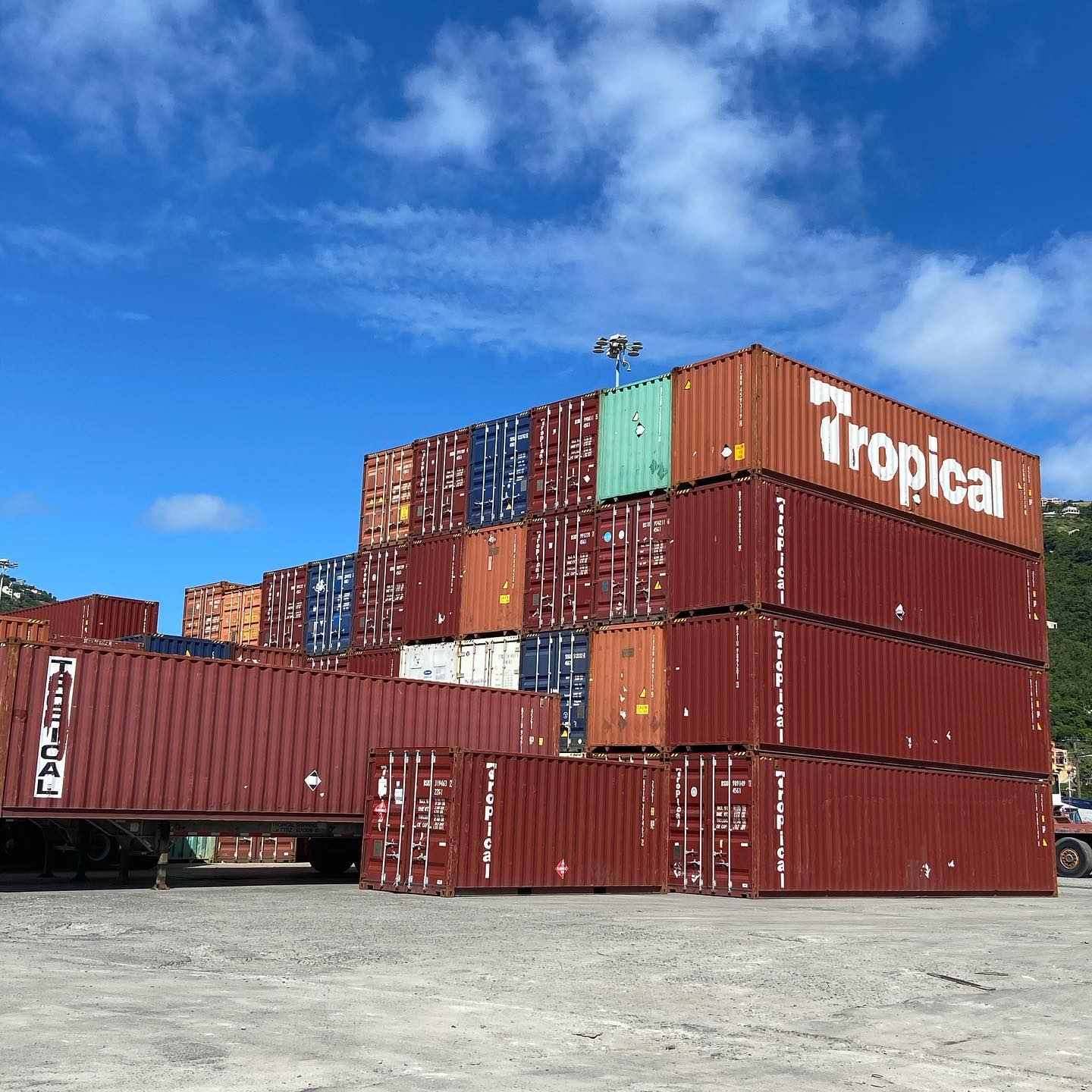
The Office of the United States Trade Representative (USTR) has exempted Caribbean shipping routes from newly proposed port fees on Chinese-built vessels. This decision follows concerted advocacy by the Caribbean Private Sector Organisation (CPSO) and regional stakeholders, who warned that the fees could have devastating economic consequences for the Caribbean.
The USTR’s initial proposal aimed to impose fees of up to $1.5 million per port call on vessels constructed in China, as part of a broader strategy to counter China’s dominance in global shipbuilding and bolster the U.S. maritime industry. However, the policy faced immediate backlash from Caribbean nations, where a significant portion of shipping relies on Chinese-built vessels.
Dr. Patrick Antoine, CEO and Technical Director of the CPSO, testified at a USTR public hearing, emphasizing that over 90% of CARICOM’s trade in goods depends on maritime transport. He warned that the proposed fees could lead to a 60% increase in shipping costs to and from the Caribbean, severely impacting economies where more than 50% of the ships are Chinese-built.
The potential repercussions were particularly alarming for smaller Caribbean states like Antigua and Barbuda, Dominica, Grenada, St. Lucia, and St. Vincent and the Grenadines, which rely heavily on short-sea shipping routes serviced by Chinese-built vessels. Prime Minister Gaston Browne of Antigua and Barbuda expressed concern that shipping a container could increase by $3,000 to $4,000, leading to an 8–10% rise in consumer prices and pushing inflation rates to potentially 12–14%.
In response to these concerns, the USTR revised its policy to exempt ships operating between U.S. domestic routes, the Caribbean, U.S. territories, and Great Lakes ports from the new fees. This adjustment aims to prevent inflation, supply chain disruptions, and surging trade costs in the region.
The exemption has been met with relief across the Caribbean. Dr. Antoine expressed gratitude to the USTR for recognizing the unique challenges faced by Caribbean economies and for taking steps to safeguard regional trade stability.
While the exemption provides immediate relief, regional leaders and industry stakeholders continue to monitor the situation closely. They advocate for long-term strategies to enhance the resilience of Caribbean supply chains and reduce dependency on external factors that could disrupt trade.
Business
BVI Braces for Ripple Effects as U.S. Stock Market Sheds $5 Trillion
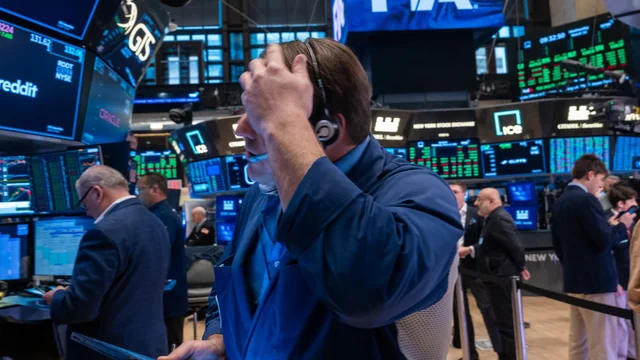
In just three weeks, the U.S. stock market has lost a staggering $5 trillion in value, a downturn that could have significant implications for the British Virgin Islands (BVI), where the U.S. dollar is the official currency. As economic uncertainty grips the global financial system, concerns are mounting over how this sharp decline might impact the BVI’s economy, particularly in the areas of tourism, offshore financial services, and overall consumer confidence.
With the U.S. being the primary source of visitors to the BVI, any financial squeeze on American households could lead to a reduction in travel plans. A weaker U.S. stock market often means tighter budgets for vacationers, which could result in lower visitor numbers, reduced hotel bookings, and fewer yacht charters—critical sectors for the territory’s economy.
As one of the Caribbean’s leading offshore financial hubs, the BVI is deeply connected to global markets. A drop in stock values can shake investor confidence, potentially leading to slower financial transactions, reduced incorporations, and a cautious approach from high-net-worth individuals who use BVI-based structures for wealth management.
With the BVI using the U.S. dollar, economic shocks in the U.S. can quickly affect the cost of goods and services in the territory. A weaker U.S. market could lead to fluctuations in inflation, making imports more expensive. For a territory that relies heavily on imported goods—from food supplies to construction materials—this could put additional pressure on businesses and consumers.
The BVI government will likely keep a close watch on these developments, as a prolonged U.S. market downturn could impact tax revenues, business activity, and overall economic confidence. Policymakers may need to explore ways to strengthen economic resilience, whether through increased regional trade, diversification efforts, or measures to support local businesses in uncertain times.
While the full impact of this financial slide remains to be seen, one thing is certain: the BVI, like many other U.S. dollar-dependent economies, is paying close attention to Wall Street’s turbulence and preparing for potential economic headwinds.
-

 Crime/Police1 week ago
Crime/Police1 week agoManhunt Underway for ‘Small Brent’ in Nyron Erickson Murder Case
-

 Crime/Police2 weeks ago
Crime/Police2 weeks agoArmed Robbery Reported at Bar in Sea Cows Bay
-
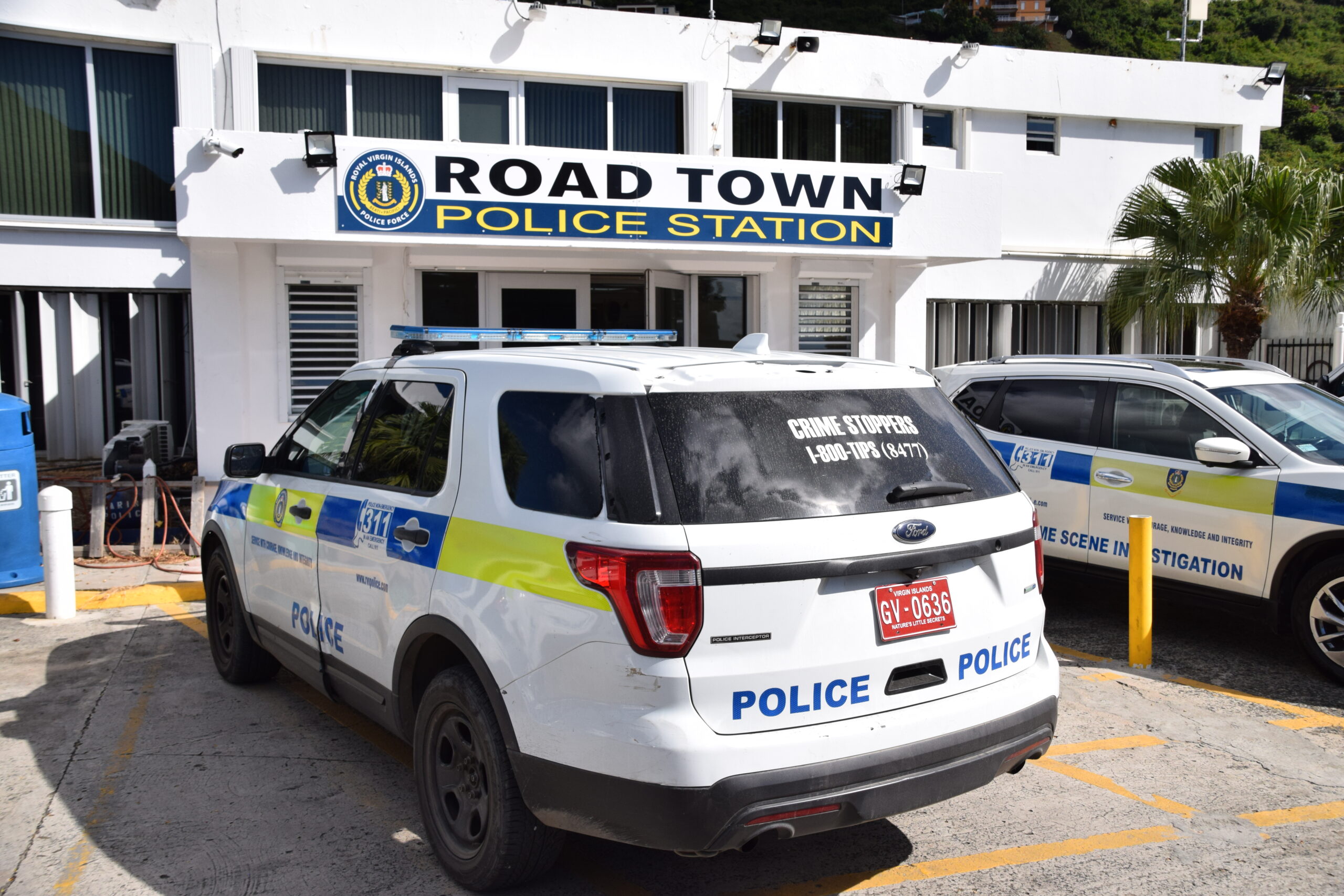
 Crime/Police1 week ago
Crime/Police1 week agoPolice Seek Public’s Help in Locating Armed and Dangerous Fugitive Known as ‘Small Brent’
-

 Local News1 week ago
Local News1 week agoControversial 3-Point Call Proven a 4, But Result Stands: Team USVI Withdraws from Third-Place Match
-
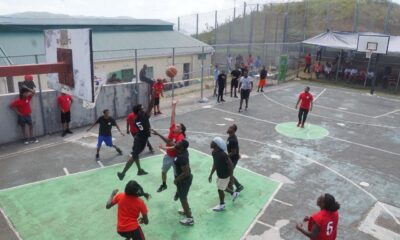
 Local News2 weeks ago
Local News2 weeks agoPrison Basketball League Concludes with Team Echo Securing Championship Title
-
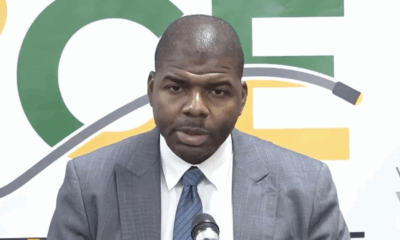
 Uncategorized1 week ago
Uncategorized1 week agoFestival Costs Outpace Revenue Despite $1M Intake, Says Premier
-

 Crime/Police2 weeks ago
Crime/Police2 weeks agoCaribbean Police Chiefs Gather in Guyana for 39th Annual Conference
-

 Entertainment4 days ago
Entertainment4 days agoFive Students to Compete in Mr. & Miss HLSCC Pageant on June 1























